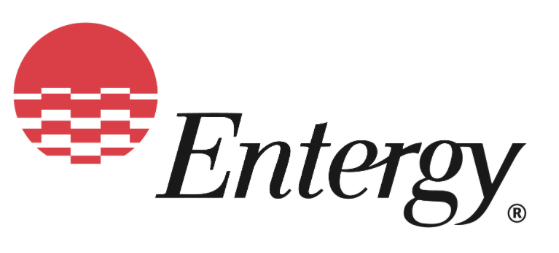
Power outages across Lafourche
March 11, 20163,000 lose power in Houma
March 17, 2016With barely enough time for their seats in the Capitol to get cold after occupying them for this year’s special legislative session, lawmakers have returned to Baton Rouge, seeking to chart the state’s course for the next year.
As befits a regular session, they will consider a variety of proposed new laws and proposed amendments to existing laws, with the expected partisan tugs and pulls to result.
They also enter the regular session with the special session’s work unfinished. What was accomplished included a raise of more than $1.2 billion in revenue, primarily through tax increases. More taxes will be paid on alcohol and cigarettes, as well as overall purchases through an increase in the state’s sales tax. Some bills in the hopper for this ongoing general session may further aid the state in its budget woes – no small part of which includes a massive 2017 deficit – through structural changes in how Louisiana takes in and also spends taxpayer dollars. If anything can be learned through the late special session, it is that solutions to years of clap-trap budget management cannot be effectively solved with short term solutions. The ability of the Jindal administration to use chewing gum patches to budget problems, as we have stated before, is derived from the legislature’s acceptance of their use.
It is tempting to spend the next few weeks carping over what did not get accomplished in the session, or to point out ad nauseum the unrealistic expectations of some lawmakers, who wish to use broad philosophies based on dogma and philosophy rather than realistic assessments of the crisis. That’s what got us here to begin with. Nonetheless.
We would rather focus on what lies ahead, and how legislators might craft ground work for change through the current regular session, and what might occur in the future.
Several good blueprints for change are held – and were for the most part created – by the Public Affairs Research Council of Louisiana, which has been effective in promoting voices of fairness and reason, when the going gets rough.
“The governor and lawmakers will have to focus on state expenditures, including possibly unlocking some state dedications and keeping long-term cost drivers under control,” a PAR readout says. “The governor already has pledged not to cut state funding for local schools next year. As always, the use of one-time resources will be tempting. The governor has not counted out the idea of another special session to raise more revenue. During the regular session, the Legislature can plan next year’s budget and adjust the current-year budget, which despite the recent tax increases is still out of balance by an estimated $50 million or more. Although this is a large figure with potentially great impact, it is less than the $107 million shortfall anticipated under the governor’s plan. Although higher education and health care are the usual suspects for taking cuts, the gap also could be addressed with a small percentage decrease in state payments to local school districts for the remaining months of the fiscal year. Indeed, difficult times create unprecedented options; to the astonishment of Capitol observers, cuts were made to the legislative and judicial budgets for the current year, a PAR recommendation.”
This information, along with prior budget-balancing recommendations, are available to be viewed at www.parlouisiana.org; legislators and the taxpayers who send them to Baton Rouge should view and pay attention to these non-partisan, common-sense solutions.
Nobody wants to see taxes raised, and just about everyone wants to see essential services that government can within the confines of its missions provide, but we are too often caught up with our partisan considerations to strike the balance effectively.
While partisans decide what moves to make in order for their considerations to be addressed in the future, there is a statement inarguable and uncontestable contained in PAR’s analysis, as its headline.
“Out of chaos comes change.”
When evaluating how Louisiana moves to meet its future, that even to a less-than-desired degree this statement proved true out of the special session can be seen as progress of a sort. That makes it a good vote of confidence for all approaches to solving Louisiana’s budget problems, and is worthy of remembrance. •






